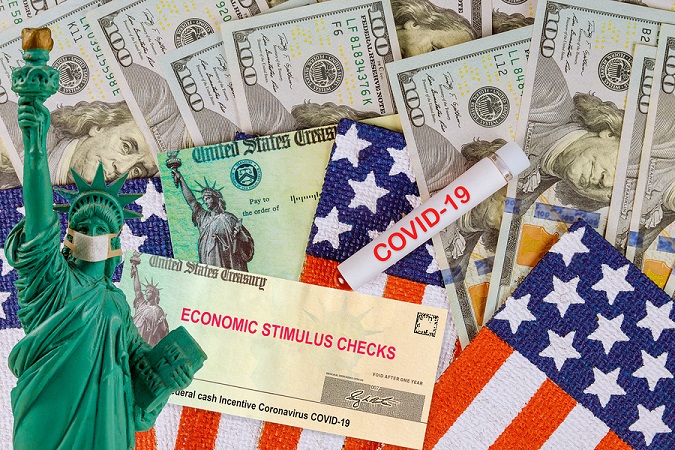Millions of Americans have already received their coronavirus stimulus checks. The extra money will come as a relief to people who are struggling with furloughs, layoffs and reduced hours. This money may need to stretch a long way, however, so before you spend it, think about where it’s most needed.
Most adults can qualify for up to $1,200, depending on income, as well as $500 for dependent children. If you haven’t received your payment yet, go to the IRS Get My Payment website to check on the status of your payment and to provide your direct deposit information.
How you should spend your money will depend on your needs. Here are some options to consider.
1. Immediate Needs: Prioritize Your Necessities
For people are who are struggling financially, the stimulus check might not be enough to cover everything. This makes it important to prioritize your necessities.
- Talk to your lenders and/or landlord to see what can be worked out. Making sure you have a roof over your head is a priority, but many places have instituted eviction and foreclosure moratoriums, and landlords and mortgage providers may be willing to work with people who are having financial problems. You may also be able to work out new payment plans for auto loans, student loans, credit card and other debt. Before you send off money you need for other things, see if other arrangements are possible.
- Once you’ve made all possible arrangements, decide what you need the most, as well as what you need to soonest. For example, getting prescription medicine might be a priority for you.
- If you end up using money to pay off debt, consider the interest rate of each debt type before deciding what to pay first. Paying off high interest debt will save you more money in the long run.
2. Future Needs: Prepare for the Next Rainy Day
Few people were equipped to handle the financial fallout of the pandemic. Many Americans live paycheck-to-paycheck, leaving them unable to deal with a major financial setback. This time, the setback came from a virus. No one knows what will cause the next setback.
Although the pandemic has hit many people’s finances hard, some people are doing OK. If you find yourself lucky enough to be in the latter group, now is a good time to make sure you’re better prepared for the next financial setback.
- If you don’t have an emergency fund, start one now.
- If you already have an emergency fund, consider adding money to your savings, or discuss other investment strategies with your financial advisor.
- Review your insurance policies. If you don’t have enough life insurance, this may be a good time to buy or increase coverage.
3. Bigger Needs: Consider Giving to Charity
If you’re doing very well, this is a good time to help others who are less fortunate. By doing so, you can also help out yourself by reducing your tax burden.
Donations to charitable nonprofits can be tax deductible. In 2020, you can even deduct up to $300 in cash donations without itemizing your deductions. Make sure the organization you’ve chosen is eligible for tax-deductible contributions and get a receipt. Read this CNBC article for more information on the new $300 above-the-line deduction.

